Are you interested in exploring historic homes? Here are the must-see historic houses in Portugal:
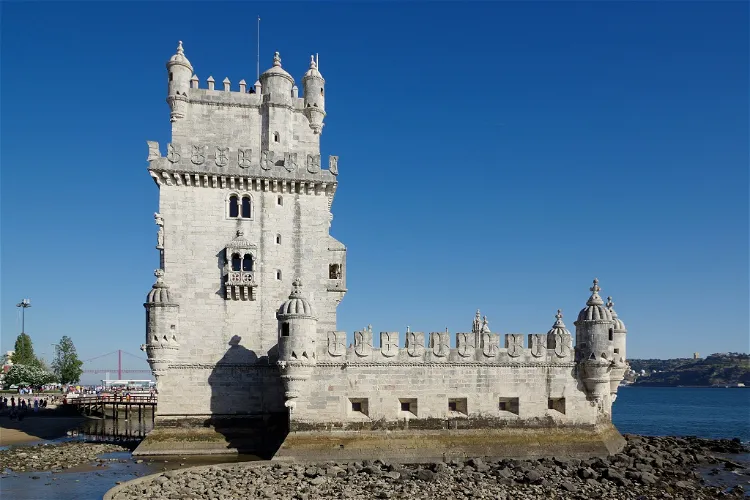
Belém Tower
LisbonBelém Tower, also known as Torre de Belém, is a Manueline-Gothic fortress tower located in Lisbon, Portugal. Built in the early 16th century, the tower commemorates Vasco da Gama and the city's patron saint, São Vicente. It served both as a part of the city's defense and as a ceremonial monument to certify Portugal's influence during the European Age of Discovery.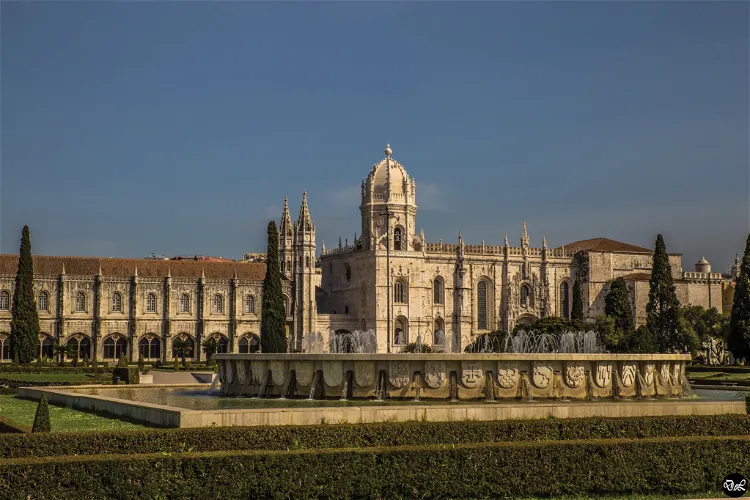
Jerónimos Monastery
LisbonThe Jerónimos Monastery, situated in the Belém district of Lisbon, Portugal, is a significant historical and architectural landmark. It was commissioned by King Manuel I and built by architect Diogo de Boitaca in the Manueline style, a Portuguese version of late Gothic architecture. The monastery was constructed to celebrate the return of the renowned Portuguese navigator Vasco da Gama, who discovered the sea route to India. This discovery marked a significant milestone in world history, opening up new trade routes and opportunities for exploration.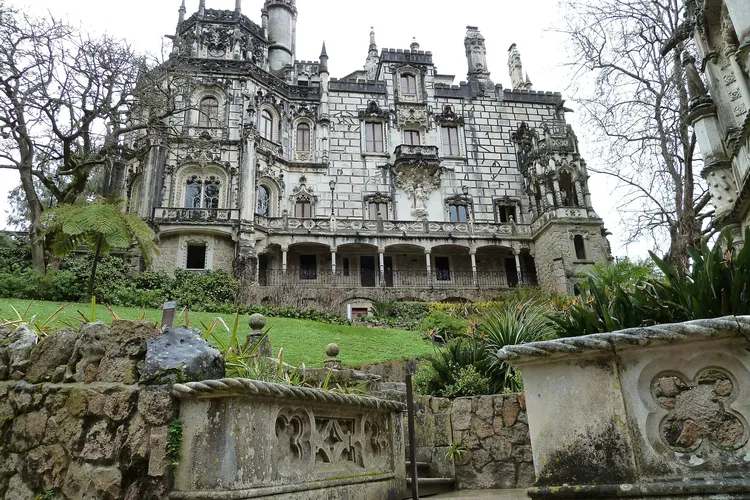
Quinta da Regaleira
SintraThe Quinta da Regaleira is an architectural complex located in the historic center of Sintra, Portugal. This city is recognized as a World Heritage Site by UNESCO, making it a significant location for cultural and historical exploration. The palace and gardens of Quinta da Regaleira were created by António Augusto Carvalho Monteiro with the help of architect Luigi Manini and cover an area of 4 hectares today.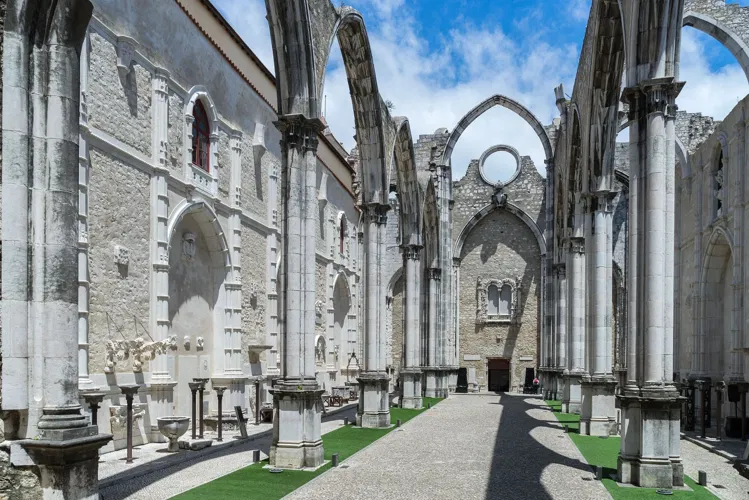
Museu Arqueológico do Carmo
LisbonThe Museu Arqueológico do Carmo, or Carmo Archaeological Museum, is situated in the ruins of the Carmo Convent in Lisbon, Portugal. This unique location provides a historical backdrop to the museum's extensive collection of artifacts and exhibits.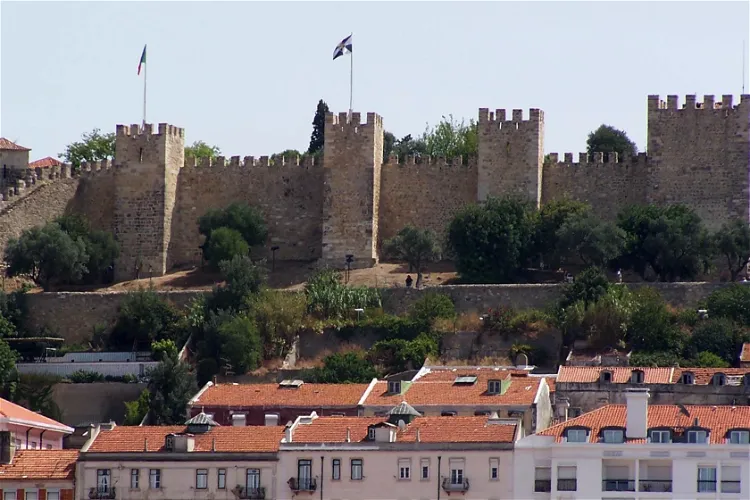
Saint George's Castle
LisbonSaint George's Castle, known as Castelo de São Jorge in Portuguese, is the most renowned castle in Lisbon. It is situated on the highest hill in the city, providing a panoramic view of the Tagus River. This strategic location has made it a significant landmark and a popular tourist attraction in Lisbon.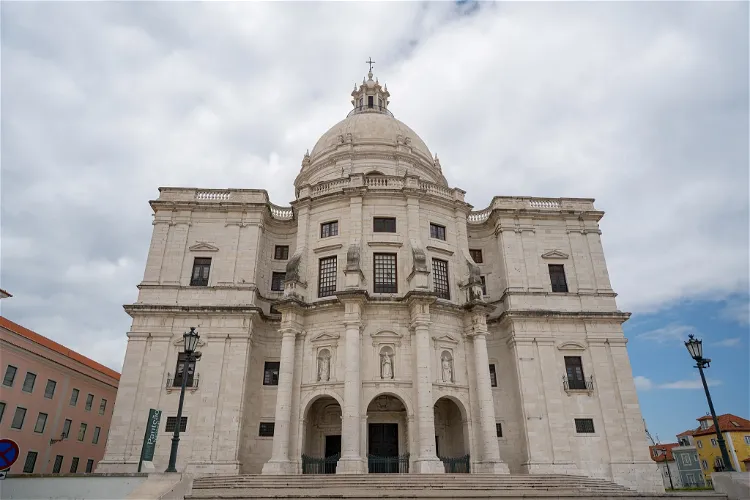
National Pantheon
LisbonThe Church of Santa Engrácia, a 17th-century monument in Lisbon, Portugal, serves as the National Pantheon. This historic site is the final resting place of many significant Portuguese personalities. Its location in the Alfama neighbourhood places it near another notable Lisbon monument, the Monastery of São Vicente de Fora.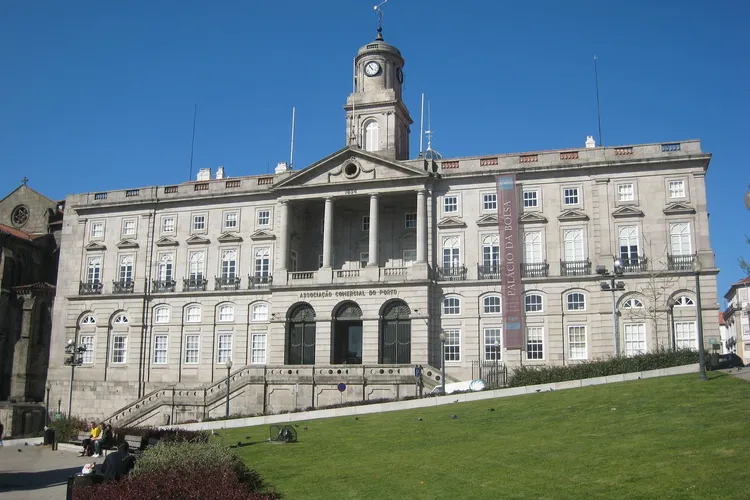
Stock Exchange Palace
PortoThe Stock Exchange Palace, known as Palácio da Bolsa in Portuguese, is a historical building located in Porto, Portugal. Constructed in the 19th century by the city's Commercial Association, the palace is a fine example of Neoclassical architecture. This grand structure stands as a testament to the city's rich history and its importance in the commercial sector.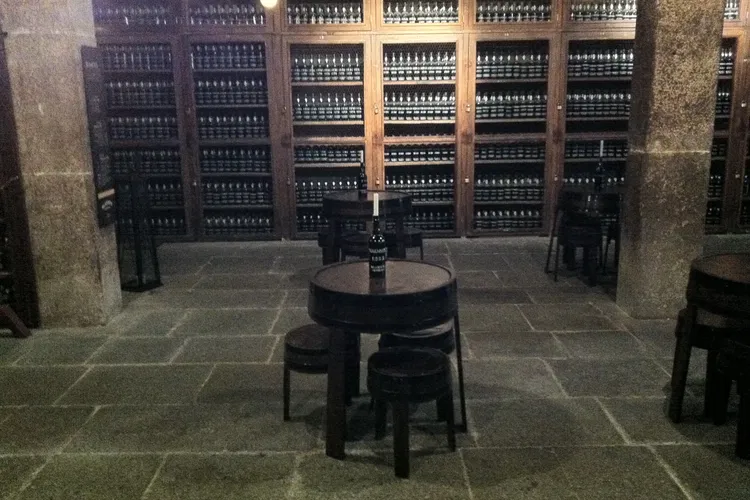
Sao Francisco Cellars Wine Museum
FunchalOne of the famous Madeira wine lodges dedicated to presenting and promoting the traditional way of making Madeira wine.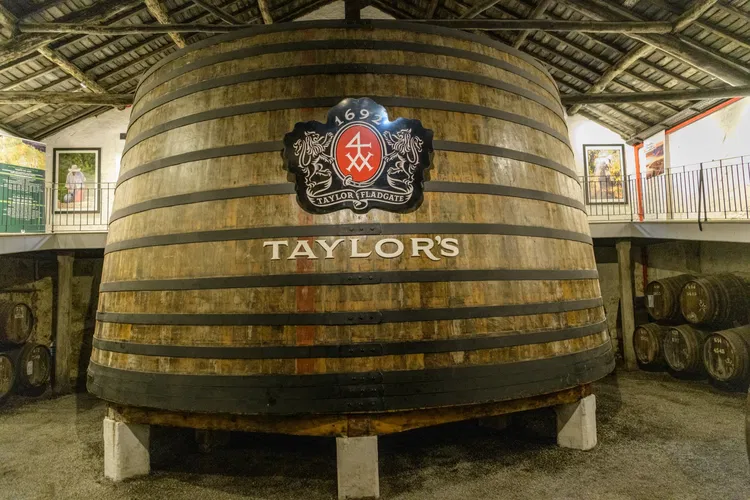
Taylor's Port
Vila Nova de GaiaWant to know more about the Port wine, its history and production? Don't hesitate, visit this cellar and learn everything!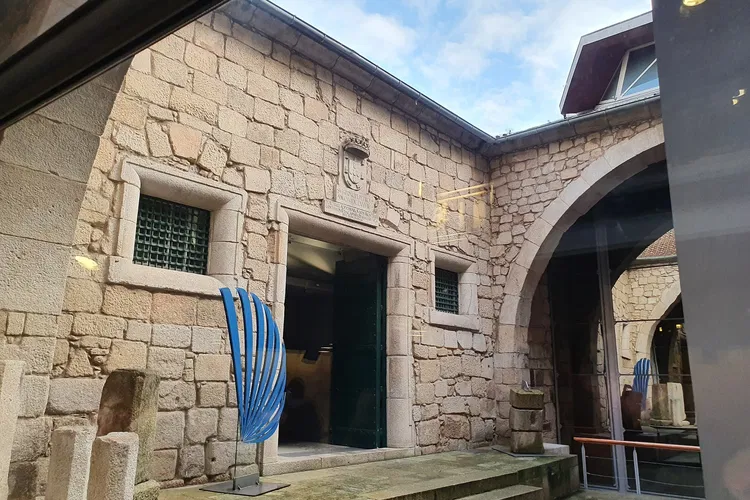
House of the Prince
PortoThe House of the Prince, also known as the House of the Old Customs Street, is a museum located in Porto, Portugal. It is one of the oldest buildings in the city, offering a glimpse into the rich history of the region. The museum is traditionally considered the birthplace of Prince Henry the Navigator, a key figure in the Portuguese Age of Discovery.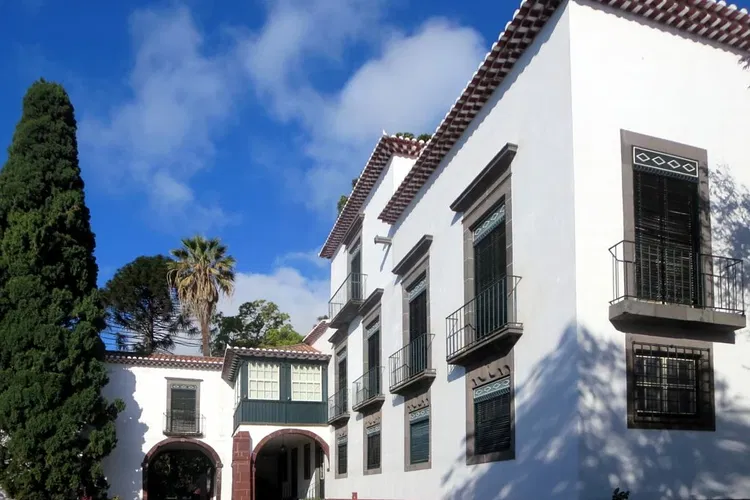
Manor Estate of the Crosses Museum (Quinta das Cruzes)
FunchalThe Quinta das Cruzes Museum, located in Funchal on the island of Madeira, is a decorative arts museum that was officially opened to the public in 1953. It houses a collection of Portuguese and European decorative arts, including furniture, silverware, jewelry, and European and Oriental ceramics. The museum's pieces date from the 15th century to the first half of the 20th century.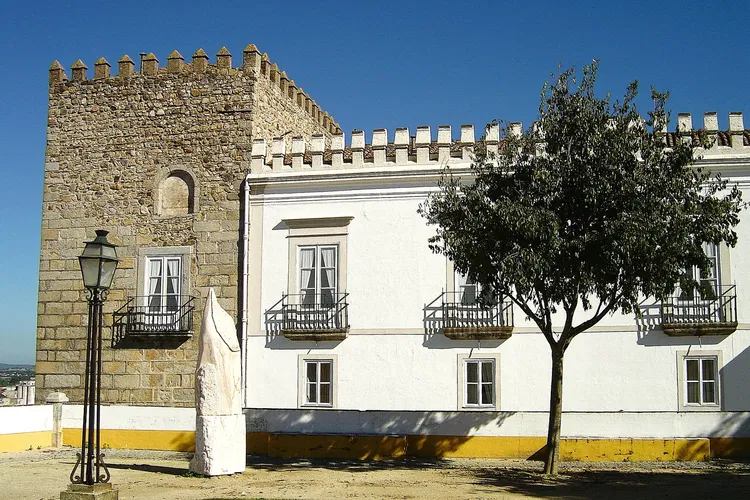
Cadaval Palace
ÉvoraThe Palace of the Dukes of Cadaval, also known as Palácio dos Duques de Cadaval in Portuguese, is a significant historical site located in the acropolis of Évora, Portugal. The palace has been a part of Casa Cadaval since its inception, making it a site of historical importance. The palace is a blend of Mudejar, Gothic and Manueline architectural styles, offering a unique visual experience for visitors.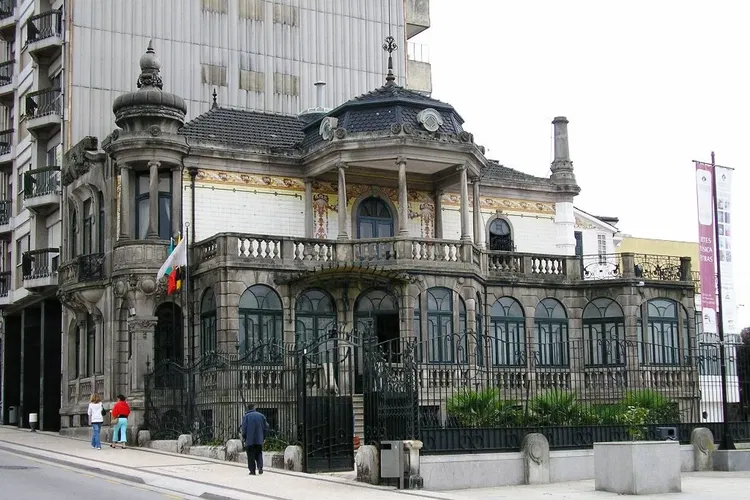
Casa da Cultura
Vila Nova de GaiaCasa Barbot, also referred to as Casa e jardins da família Barbot, is situated on Avenida da República, in the city and municipality of Vila Nova de Gaia, in the Porto District of Portugal. This location is easily accessible and offers a unique cultural experience for tourists visiting the area.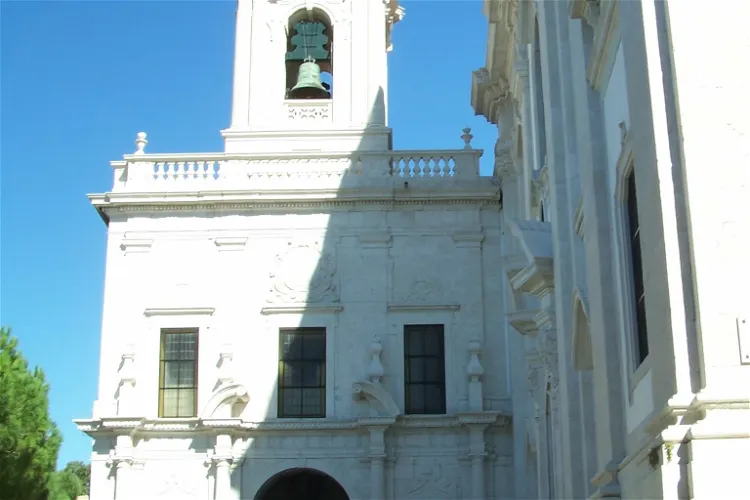
Church of Our Lady of Grace
LisbonThe Convent of Grace, a national monument in Lisbon, is situated in a location that offers panoramic views over the city and the Tagus River. This historic site belonged to the Order of the Hermits of Saint Augustine, also known as the Order of Saint Augustine, and was known as the Order of Gracians in Portugal. The convent dates back to the early days of the Portuguese nation, having been founded in the 13th century.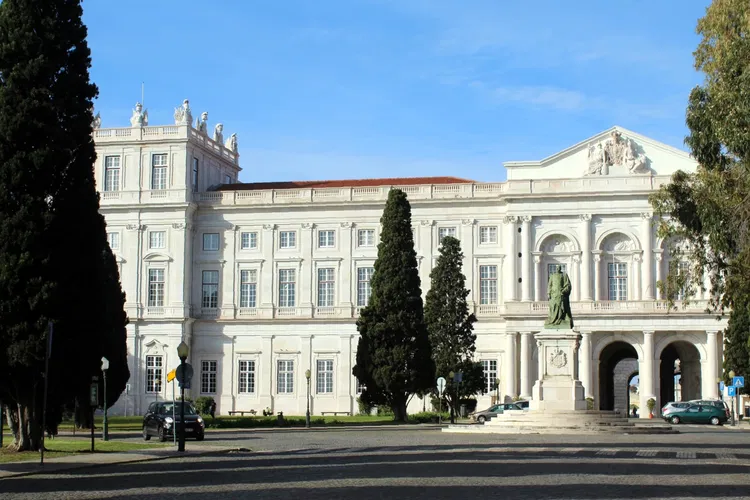
Ajuda National Palace - Royal Treasure Museum
LisbonThe Ajuda National Palace, known as Palácio Nacional da Ajuda in Portuguese, is a national monument of Portugal. It is situated in the Ajuda district of Lisbon, the capital city of Portugal. This neoclassical style palace was once the residence of the Portuguese Royal Family during the 19th century.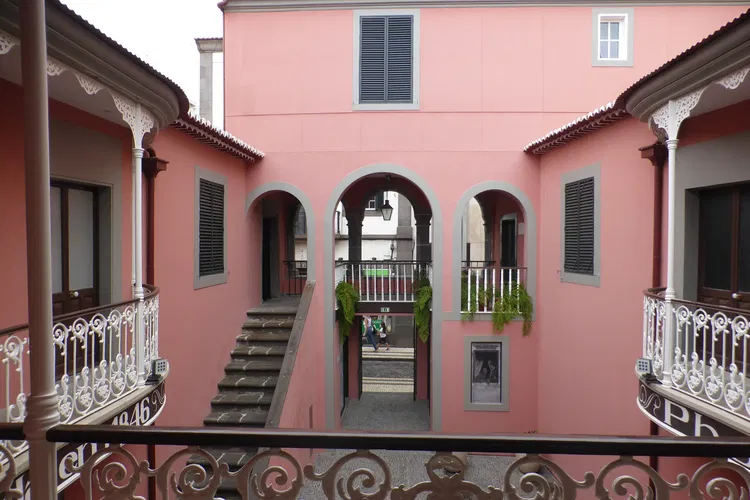
Madeira Photography Museum
FunchalThe Museu Photographia Vicentes, also known as the Vicentes Photo Museum, is located in Funchal, the capital city of Madeira. The museum is operated by the Autonomous Region of Madeira, a governmental body responsible for the administration of the region. The museum is dedicated to the history of photography and showcases a wide range of original photographic equipment.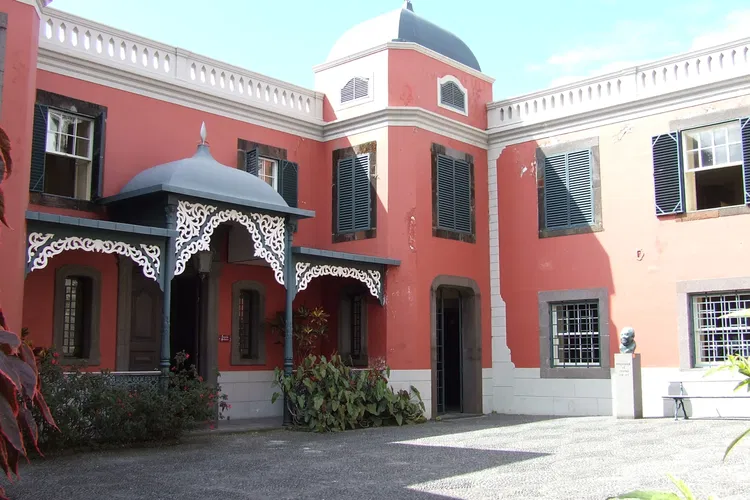
Frederico de Freitas House Museum
FunchalThe Frederico de Freitas House Museum is a significant cultural site located in the city of Funchal, in the Autonomous Region of Madeira, Portugal. This museum is a testament to the life and work of Frederico de Freitas, a notable lawyer and notary from Madeira. It offers visitors a unique opportunity to explore the rich history and culture of the region.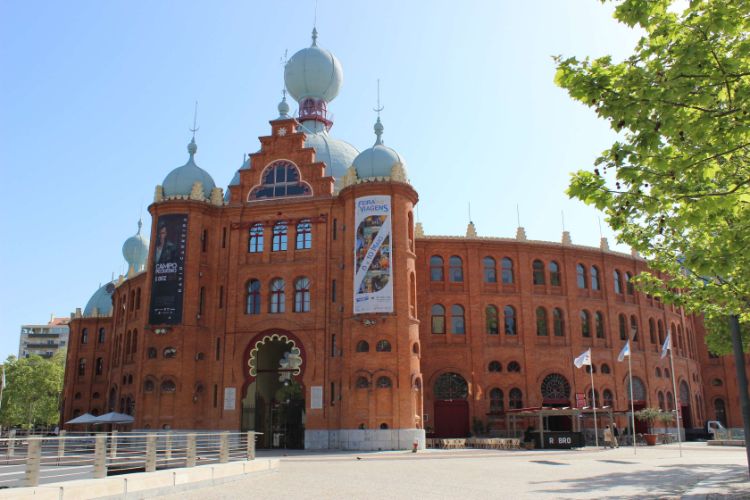
Campo Pequeno
LisbonThe Campo Pequeno Bullring (Praça de Touros do Campo Pequeno) is the bullring of Lisbon. The arena was built between 1890 and 1892 by Portuguese architect António José Dias da Silva. His design is inspired by an arena in Madrid which was designed by Rodriguez Ayuso, but was later demolished. The sty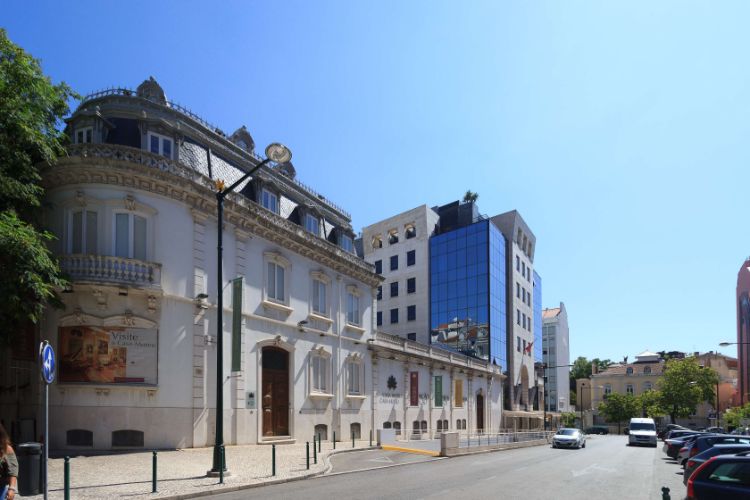
Museu António Medeiros e Almeida
LisbonThe Casa Museu Medeiros e Almeida is a museum founded in 1970 in Lisbon, located in the residence of its founder António de Medeiros e Almeida (1895-1986). The museum consists of 25 rooms that house paintings, sacred art, furniture, tapestries, glass art and jewelery that date from the 17th century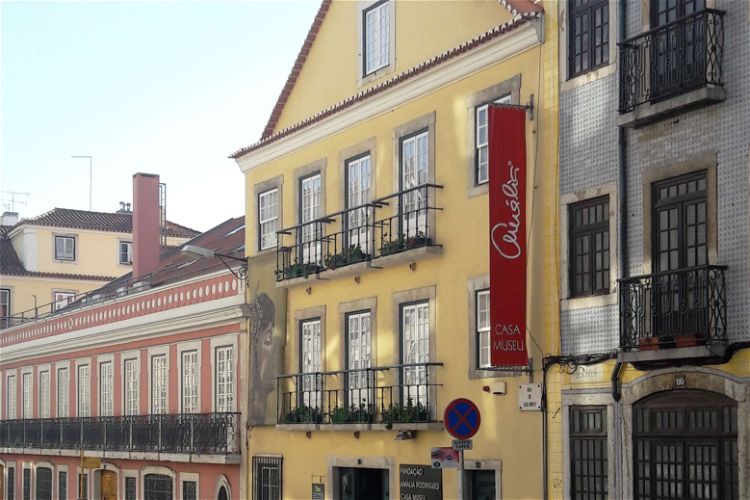
House Museum Amália Rodrigues
LisbonThe Casa-Museu Amália Rodrigues is a house museum dedicated to the Portuguese singer and actress, the star of the fado music genre. Her personal belongings are displayed here.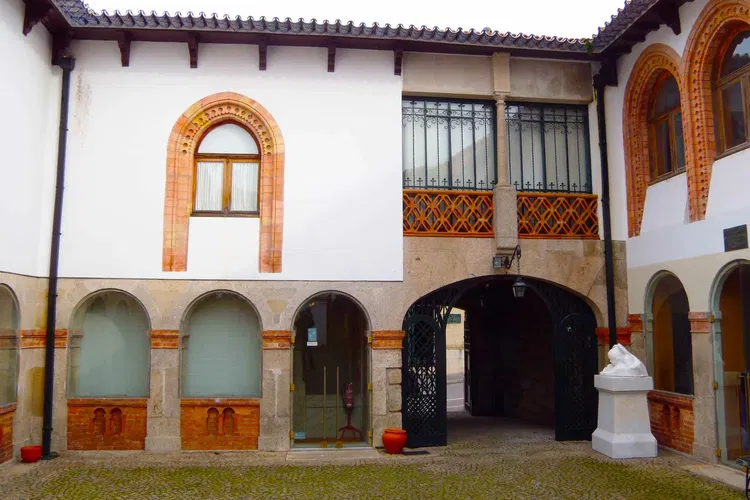
Casa-Museu Teixeira Lopes
Vila Nova de GaiaThe Casa-Museu Teixeira Lopes is a unique museum located in Vila Nova de Gaia, Portugal. It holds the distinction of being the first residence of a Portuguese artist to be transformed into a museum. This museum was created from the residence and studio of the sculptor António Teixeira Lopes, making it a significant site for art and history enthusiasts.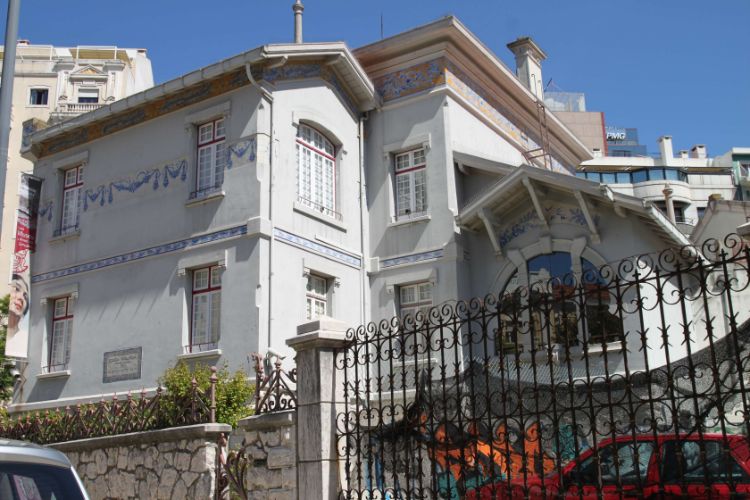
Casa-Museu Dr. Anastácio Gonçalves
LisbonThe Casa-Museu Dr. Anastácio Gonçalves, or Casa de Malhoa, is a house museum in Lisbon with furniture and decorative pieces arranged as a residential home. The house was designed by the architect Norte Júnior in 1904 - 1905 and was built with the purpose of serving as a house and work studio for the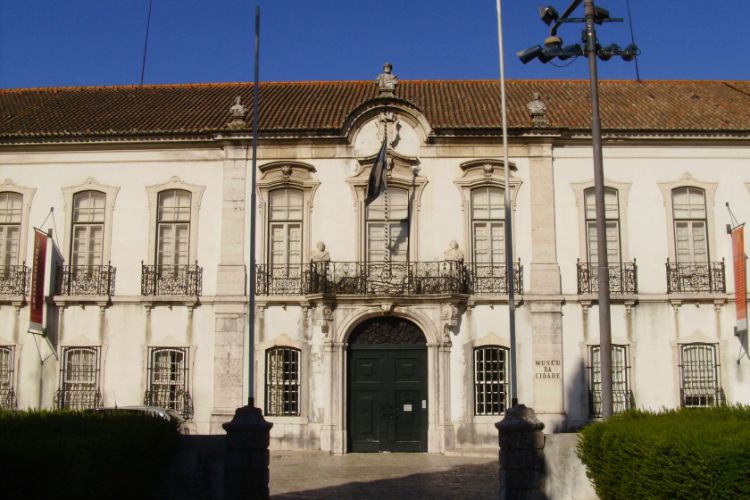
Museum of Lisbon
LisbonThe headquarters of the Museum of Lisbon is located in Campo Grande in Lisbon, housed in the Pimenta Palace and gardens.The museum is dedicated to the history of the city of Lisbon, from prehistoric times, through the Romans, the Visigoths and the Moors, to the present day. The collection includes t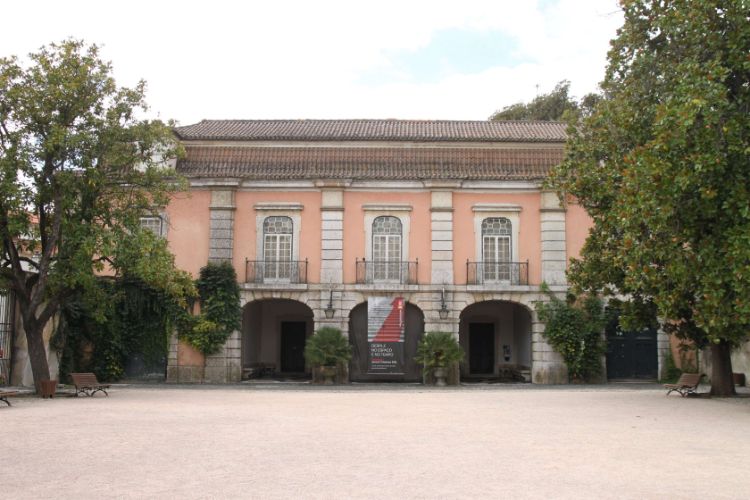
National Museum of Costume and Fashion
LisbonThe National Museum of Costume and Fashion (Museu Nacional do Traje e da Moda) is a museum in Lisbon that focuses on masculine and feminine costumes from the 18th and 19th centuries. The collection contains over 30.000 pieces.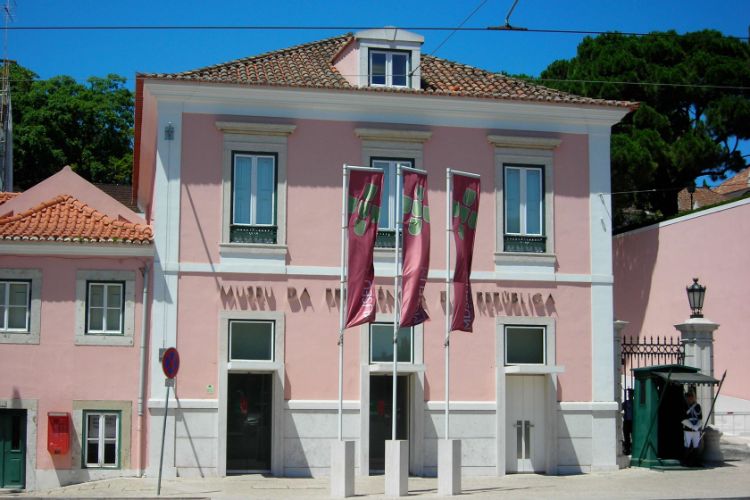
Museu da Presidencia da Republica
LisbonMuseu da Presidencia da Republica (The Museum of the Presidency of the Republic) is a presidential museum located in the Palace of Belém in Lisbon, dedicated to the history of the republic.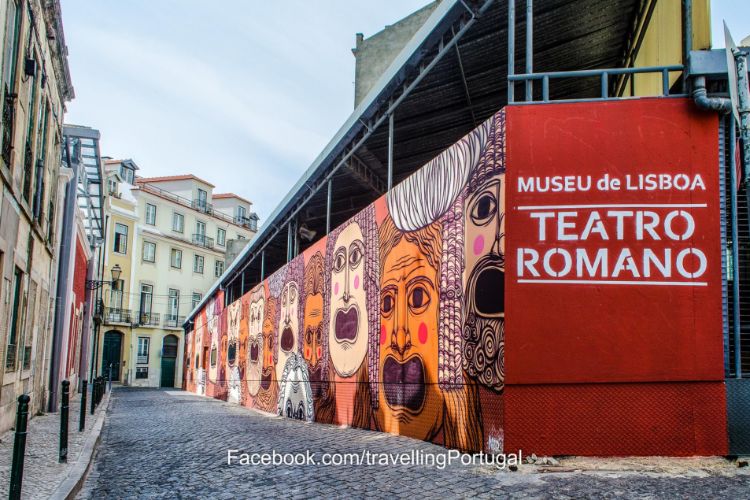
Museum of Lisbon - Roman Theater
LisbonThe Museum of Lisbon - Roman Theater is an on-site museum, located in the historic area of Lisbon that aims to reveal what used to be one of the most important monuments of the city of Olisipo. The museum wit the Roman Theater is set inside two buildings from different eras, one from the 18th centur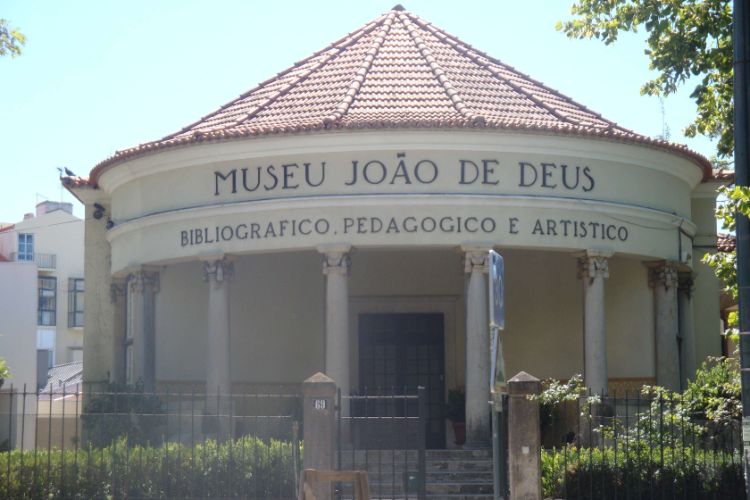
Joao de Deus Museum
LisbonThe João de Deus Museum is a house museum with a bibliographic, pedagogical and artistic character. It is dedicated to João de Deus, who was one of the greatest Portuguese poets of his generation (1830 – 1896). The museum has two objectives: to be a monument to the poet and also a library to support